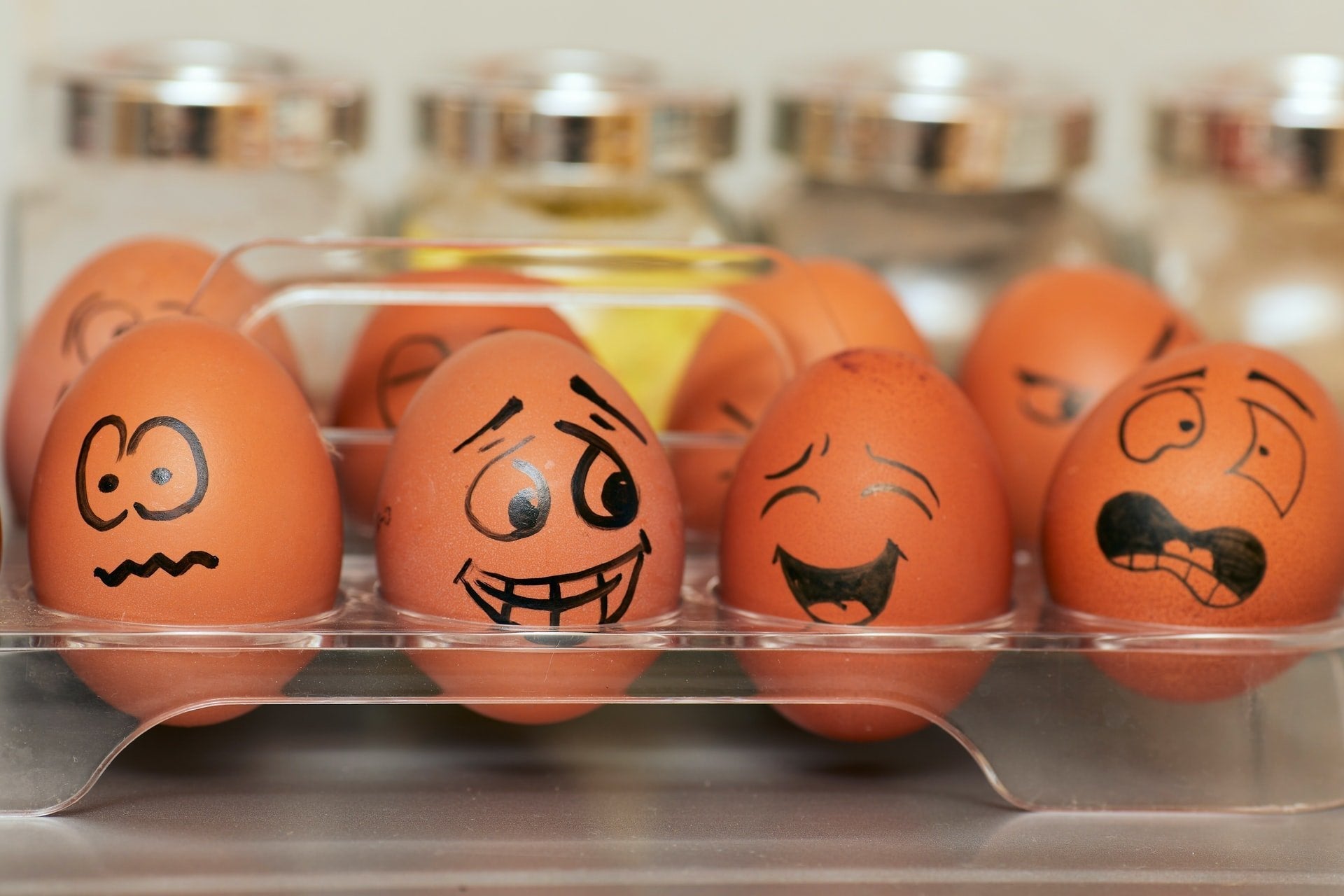Is their a relationship between your gut, your brain and your emotions? Well yes, there is. In fact there’s a deep and direct relationship between your Gastrointestinal Tract (aka your gut) and your brain, which has been well documented in recent years. Aptly named the ‘gut-brain connection’, the GI Tract is often called your second brain, more intuitive brain and was once called the ‘pope of your torso’ by comedian Stephen Colbert. But the gut-brain connection is no joke. In fact it can be the link between anxiety and stomach and digestive issues.
That ‘gut feeling’
Anxiety, fear, depression, sadness… these are all words that we can immediately connect with. And it’s because they each trigger an immediate reaction or emotion, ones that we can feel and almost touch. Now amplify that 100 times and that is what your gut itself actually feels. That term “gut feeling”… it is real!
You’ve probably had a “gut-wrenching” experience. Or been in situations that make you “feel nauseous”. Or felt “butterflies” in your stomach. We use these expressions for a reason. The gastrointestinal tract is sensitive to emotion. Anger, anxiety, sadness, elation — all of these feelings (and others) can trigger responses and symptoms in your gut.
Zhenya’s Gut and Stress Story
“Back in 2012 I woke every night at exactly 2.30am for one week straight, visiting the loo for about 30 minutes. I was eating great food, physically feeling well and I was with people that I truly love being around, yet nothing would stay down. My colon was really letting go! So… let’s consider what else was happening at this time in my life? Oh yeah, I was getting married in two weeks; a destination wedding where we had people from all over the world flying in, along with getting all the last minute stuff in order. While I wasn’t necessarily feeling all that stressed, my gut was telling me a different story.”
Brain-Gut-Brain-Gut-Brain…
What starts as a stimulus in the brain influences your gut and your microbes, and these signals internally communicate back to the brain, reinforcing and sometimes even prolonging the emotional state.
We all react differently to stress, fear and anxiety. Some of us hold on and can’t let it go and others can’t stop letting go. So how does this work? The study on the relationship between your gut and brain is technically not all that new. Dr Bernard Jensen and Dr Harvey Kellogg started making the connections back in the 1960’s. Dr Natasha Campbell-McBride MD first published her book entitled “GAPS Gut and Psychology Syndrome” in 2004, and researchers from The American Psychological Association published an article in 2012 with further evidence and research on this connection.
Global Anxiety Today
Even before COVID-19, global stress and anxiety levels have been rising higher and higher each day. Add COVID to this mix and we can actually feel the stress levels in the air. We are living in a state of uncertainty and that can make our immune system, our gut health and our mental health spin out of control.
Your Gut Mirrors Every Emotion that Arises in Your brain
When you’re stressed, your heartbeat speeds and your neck and shoulder muscles tighten, and the reverse happens when you’re relaxed. Your gut is, in fact, a theatre in which the drama of emotion plays out and mirrors how you feel.
Here’s the Good News; Your Gut is the Largest Storage Facility for Serotonin in our Body
Serotonin is a signaling molecule that plays a crucial role within the gut-brain axis, and it plays a vital role for our body’s functions such as sleep, appetite, pain sensitivity, mood, and overall wellbeing. And 90% of the body’s serotonin is stored in your gut.
So, Will it be the Chicken or the Egg?
Will you take care of your emotions first or your gut? Well kids, we have to do both.
When our mental health is struggling and we start getting those cravings for crap food like pizza, fast food, sugar, ice cream, wine, beer, etc, this is your bad gut microbes trying to keep you feeling like crap. So, you have to dig deep to break away from those temptations! Everything has to change and only YOU can do that.
The Good News is even the Smallest Steps Help
When those temptations rise up why not take a walk outside; no phone, no distractions, just you and your four legged best friend (if you have one)? Spending time in nature, breathing in fresh air has been proven time and time again to reduce our stress levels.
Or here’s another simple thing to do – just sit down and breathe. Slow breathing connects us to our Vagus Nerve, which connects us to our parasympathetic (rest and digest) nervous system. Breathe in for 4 counts, out for 6 counts. Easy as that, you can even do it while sitting on the loo. 😉
The research in this field of study will continue and we will learn more and more scientific facts. But we do not have to wait for the papers to be published to know and feel, and do what is right for us.
That gut feeling? It’s the truth that lies inside of you.
If you would like to read a bit more and get your inner science geek out, here are a few links:
How Food and Nutrients Control our Mood
American Psychological Association, “That Gut Feeling”
9 Fascinating Facts About the Vagus Nerve
The New Yorker, “The E-coli Made me do it”
The New Yorker, “Germs are Us”


